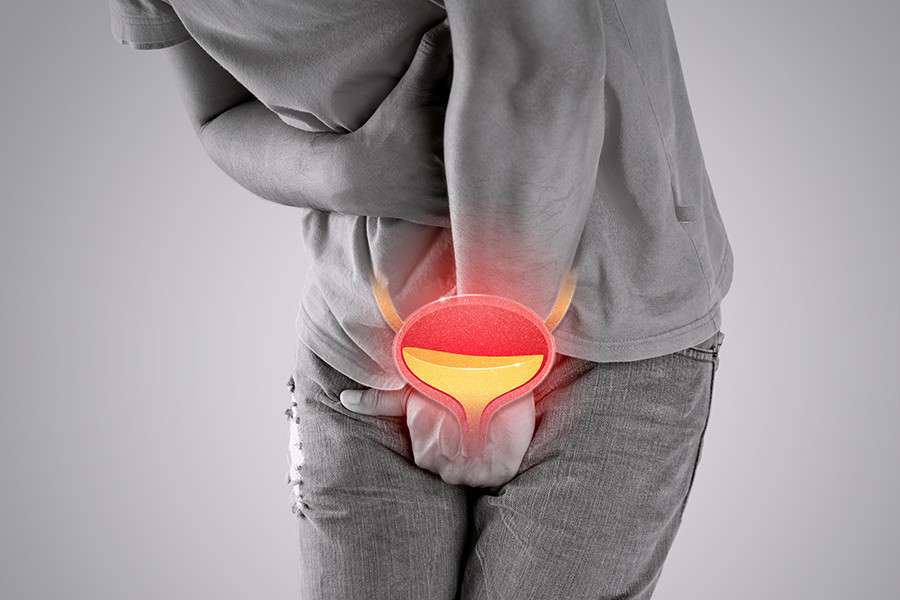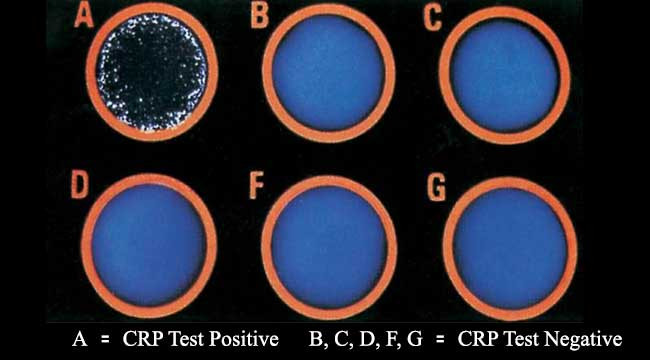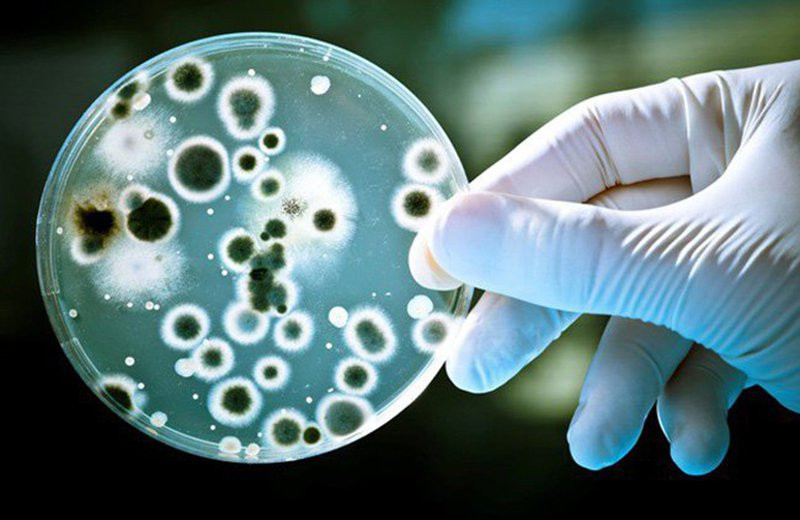Definition
Urethritis is a condition characterized by inflammation or irritation of the urethra, the final canal for expelling urine from the bladder. It is commonly caused by infection, which is classified into two types: gonococcal urethritis and nongonococcal urethritis. Non-gonococcal urethritis (NGU) arises from infections caused by organisms other than the bacterium Neisseria gonorrhoeae. Several bacterial pathogens can be associated with sexually transmitted infections. NGU is more prevalent in males than in females. However, this condition can be effectively treated with appropriate medical care.
Causes
There are several causes of NGU, including both infection and non-infection factors. Infection-related NGU can be categorized as follows:
- Sexually transmitted infections (STIs) are often caused by the bacterium Chlamydia trachomatis, which spreads through unsafe sexual intercourse. In addition to chlamydia, other causative microorganisms include Mycoplasma genitalium, Trichomonas vaginalis, the Herpes simplex virus, and Adenovirus.
- Urinary tract infections (UTIs) typically result from gastrointestinal or skin microorganisms. Common causes of UTIs include bacteria such as E. coli.
Several non-infection causes stem from irritation or damage to the urethral wall. This damage can be caused by foreign objects or irritant substances that disturb tissue balance. Non-infectious causes of non-gonococcal urethritis include:
- Irritation due to products used in the genital area, such as soap, deodorant, or contraceptive methods containing spermicides (which kill sperm), and feminine hygiene products
- Damage to the urethra due to overly intense sexual intercourse and masturbation activities
- Urethral damage due to foreign objects entering the urethra, such as using a catheter (urinary catheter) in hospitalized patients
- Conditions related to abnormal anatomy, such as phimosis (a condition involving the foreskin of the penis)
Risk factor
The risk of NGU is higher in men due to their involvement in sexual activity. This is because the male urethra is a urinary and spermatic passage. However, non-gonococcal urethritis can also affect females. Some risk factors that increase the likelihood of infection include:
- Being sexually active, particularly among young males or females.
- Engaging in unsafe sexual practices, such as not using condoms, having multiple sexual partners, or participating in oral or anal sex.
- Having sexual intercourse with a new partner whose health status is unknown.
Symptoms
The symptoms of non-gonococcal urethritis differ between sexes and typically appear around 2-3 weeks after infection. In males, symptoms of NGU are usually noticeable and distinct, including:
- Discharge from the tip of the penis, typically cloudy white or yellowish in color.
- Pain and a burning sensation during urination.
- Pain at the tip of the penis.
On the other hand, NGU in women often presents as asymptomatic, making it easier for the infection to spread to the reproductive system. Infections can ascend to the uterus and fallopian tubes, potentially leading to another condition called pelvic inflammatory disease (PID). Symptoms that may occur in women include:
- Pain in the pelvic area or lower abdomen.
- Pain during sexual intercourse, felt deep within the pelvis.
- Pain during urination.
- Bleeding after sexual intercourse.
- Heavy and painful menstruation.
- Abnormal discharge from the vagina, which may be yellow or green in color.
- High fever (in some cases)
Diagnosis
The diagnosis of non-gonococcal urethritis involves assessing symptoms and examination results. The doctor will inquire further about risk factors, especially sexual history. During the physical examination, the doctor will look for abnormalities in the genital area. Therapy will commence once laboratory tests have been conducted to determine the exact cause of this illness. Laboratory tests typically include:
- Swab test: This involves taking a sample of fluid from the tip of the urethra using a cotton swab. Though there may be initial discomfort during sample collection, the sample will be examined under a microscope, and a Gram stain will be performed to identify the type of microorganism causing the infection.
- Urine test or urinalysis: You will be asked to collect a midstream urine sample after refraining from urination for 2 hours. The collected urine will be examined in the laboratory for abnormal results indicating an infection.
If there is suspicion of other sexually transmitted infections, the doctor may request additional tests, such as blood laboratory tests to check for HIV and syphilis infections. Additionally, the doctor may recommend thorough examinations for sexual partners, even if they are asymptomatic. Partners within the previous 3-month period are typically referred for examination.
Management
The treatment for NGU typically involves antibiotics prescribed after laboratory test results to provide targeted treatment. Antibiotics commonly used for Chlamydia infection include:
- Single dose of Azithromycin
- Doxycycline twice daily for 1 week
It's important to complete the full course of antibiotics even if symptoms improve. Since non-gonococcal urethritis is often associated with sexually transmitted infections, treatment is not only provided to the patient but also to their sexual partners. This is aimed at preventing recurrent infections or the risk of infecting others.
During treatment, it's advisable to avoid sexual intercourse. Sexual activity can be resumed once treatment is completed, symptoms have disappeared or resolved, and both partners have finished treatment. New symptoms should disappear within 2-3 weeks after starting treatment.
Complications
Non-gonococcal urethritis can be effectively cured with proper and timely treatment. However, complications may arise if treatment is delayed or inadequate, including:
- Reactive arthritis: This occurs when the immune system attacks healthy tissues, often affecting the joints and causing severe pain during movement.
- Epididymitis: Inflammation of the epididymis, a part of the male reproductive system responsible for storing and transporting sperm. Poorly managed inflammation can lead to infertility in men.
- Prostatitis: Inflammation of the prostate gland.
- Narrowing of the urethral canal.
- Pelvic inflammatory disease (PID) in women can lead to infertility.
- Ectopic pregnancy: A condition where pregnancy occurs outside the uterus, posing a risk of maternal and fetal death.
Prevention
The key to preventing non-gonococcal urethritis is practicing good personal hygiene and adopting safe sexual practices, including:
- Using condoms.
- Avoiding multiple sexual partners.
- Abstaining from sexual intercourse when either partner is ill.
- Undergoing regular check-ups at healthcare facilities, even in the absence of symptoms.
When to see a doctor?
If you experience the above symptoms, seek medical attention promptly, especially if they persist and you have a history of unsafe sexual activity. The sooner this disease is treated, the quicker the recovery will be, and your risk of infecting others will decrease. If you are at high risk, undergo regular check-ups at healthcare facilities.
Looking for more information about other diseases? Click here!
- dr Nadia Opmalina
- Non-gonococcal urethritis. (2022). Retrieved 18 June 2022, from https://www.nhs.uk/conditions/non-gonococcal-urethritis/
- Territo, H., & Ashurst, J. (2022). Nongonococcal Urethritis. Retrieved 18 June 2022, from https://www.ncbi.nlm.nih.gov/books/NBK535411/
- Nongonococcal Urethritis (NGU). (2021). Retrieved 18 June 2022, from https://www.cdc.gov/stiapp/ngu.html
- NGU (Nongonococcal Urethritis): Symptoms, Treatment & Prevention. (2022). Retrieved 18 June 2022, from https://my.clevelandclinic.org/health/diseases/4426-nongonococcal-urethritis-in-men











